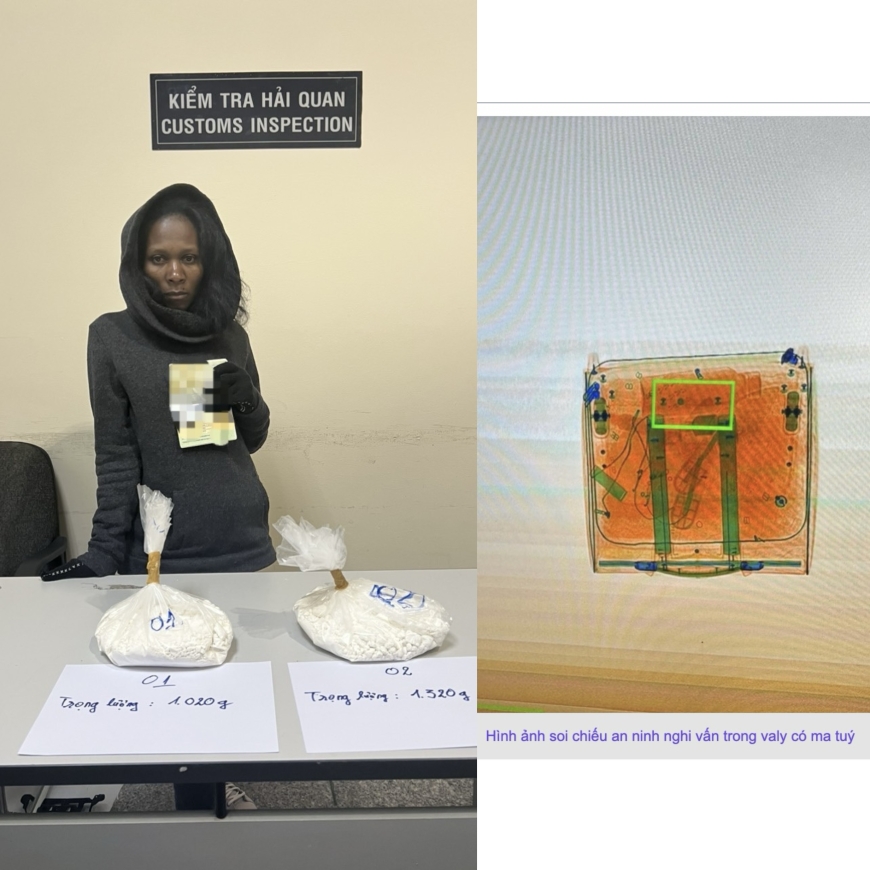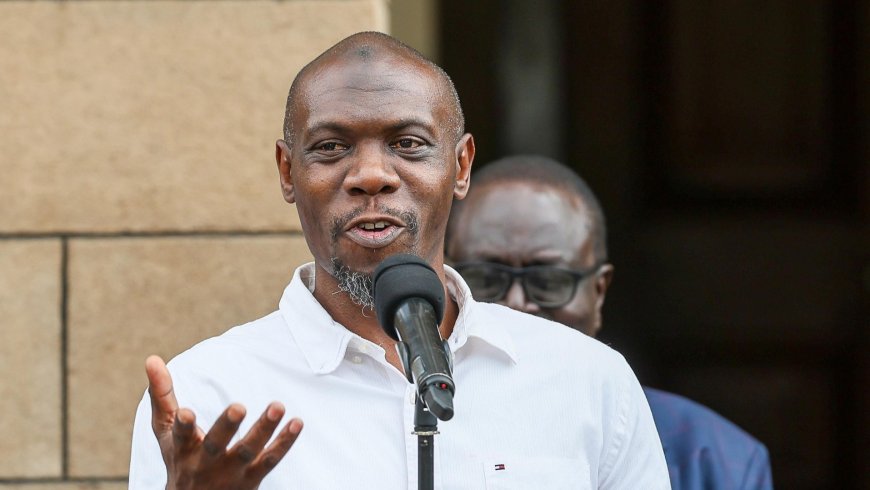Vietnam Court Issues Ruling On Margaret Nduta's Death Sentence
Nduta, 37, was sentenced to death by a court in Ho Chi Minh City for trafficking over 2 kg of drugs through Tan Son Nhat Airport.

Margaret Nduta, a Kenyan woman who had been handed a death sentence in Vietnam for drug trafficking, has had her punishment reduced following a successful appeal.
Vietnam’s Supreme Court has commuted her sentence to life imprisonment, bringing a measure of relief to her family.
She is now eligible to seek clemency from the Vietnamese President — a process that, although not guaranteed, could potentially pave the way for her repatriation.








